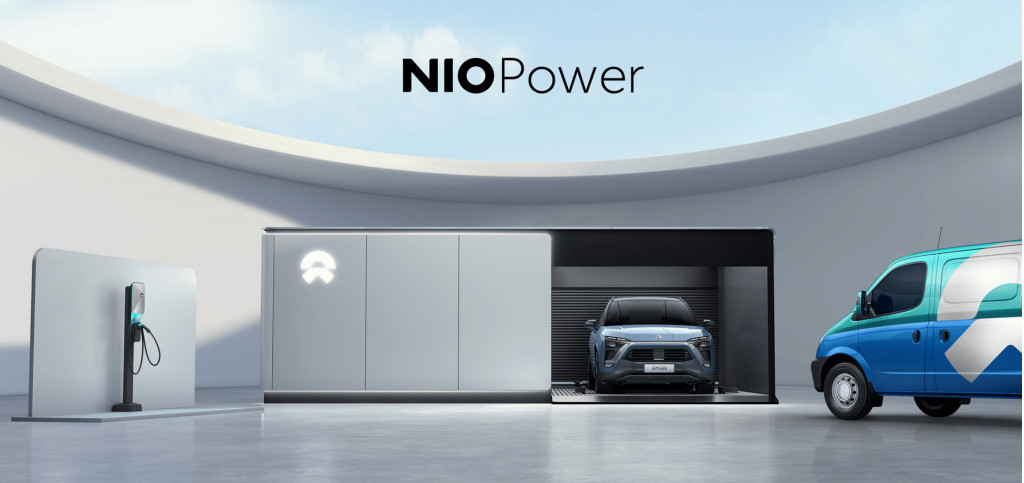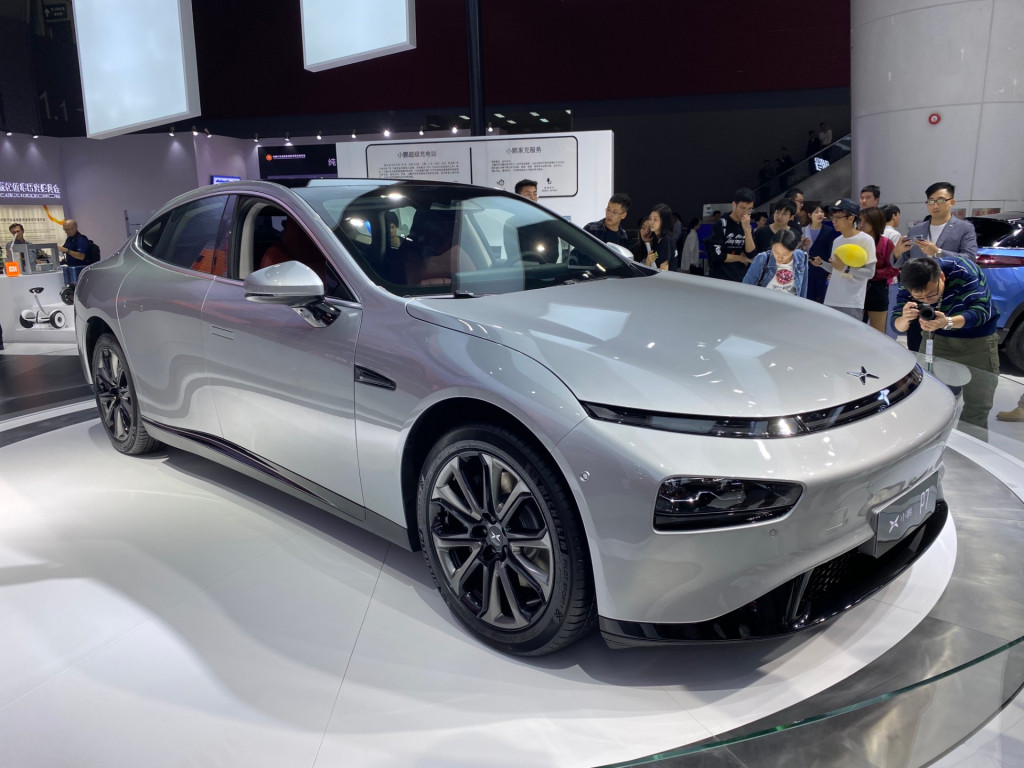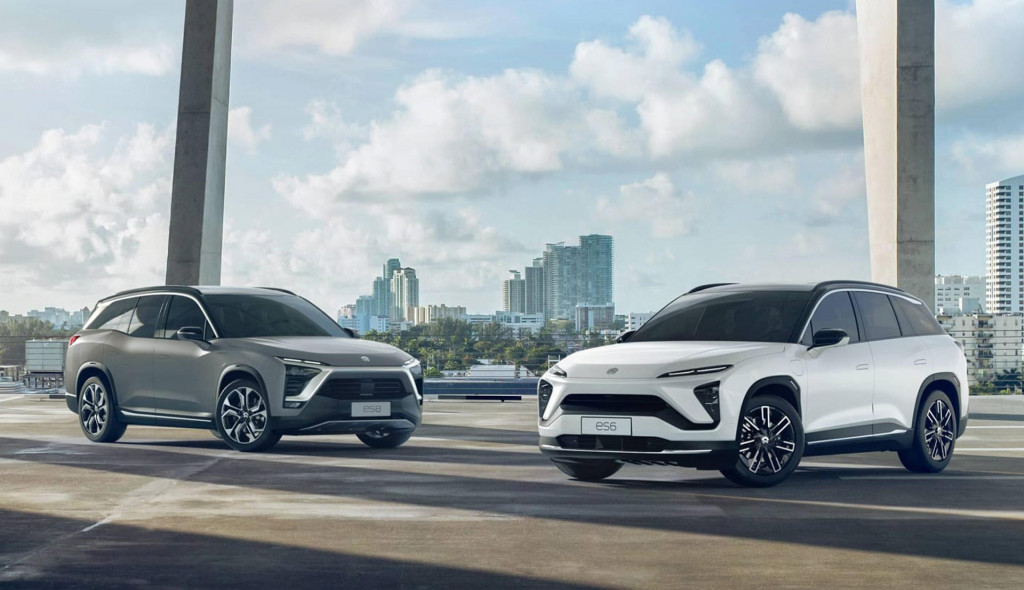Before Tesla actually entered China, the electric automaker Nio had built a reputation as the Tesla of China, for good reason: It built an extensive network of DC fast chargers and energy services—to the degree that, just as with Tesla and its Supercharger network, the company seemed to be building something that other automakers might be interested in.
And exactly that has happened. Amid a sales slump in China, Xpeng Motors Tuesday announced an agreement with Nio Power that involves a range of charging services, including home-charger installation, and the eventual merger of their network and payment-and-processing system with Nio’s. Considering the breadth of Nio’s offerings the agreement will go well beyond the interoperability and roaming that’s become a trend between charging networks in the U.S.

Nio Power
The Xpeng P7, the eagerly anticipated second EV from the automaker, was given a starting price of about $38,000 at the recent Guangzhou Auto Show—significantly lower than either of the Nio models. At that time Xpeng noted its own (much smaller) network of DC fast chargers. The longest-range version of the P7 can go 385 miles on the NEDC, or possibly the equivalent of about 250 miles by U.S. standards.

Xpeng P7 - 2019 Guangzhou Auto Show
Xpeng already made a deal for access to one of China’s largest charging operators, Teld, earlier this year; that allowed Xpeng drivers access to about 50,000 charge points, mostly Level 2.
Nio was originally called NextEV, built a buzz with its EP9 supercar, and then went on to develop the ES6 and ES8. It had big plans for the U.S., becoming publicly traded on the New York Stock Exchange, and had declared previously that it would launch here by 2020. Last March it put those plans on hold, after the Chinese government cut car subsidies. Later in the year it closed a San Francisco office and downsized one in San Jose.

2019 Nio ES8 and ES6
Nio has an expensive recall related to battery fires. But sluggish sales have affected progress, as has strategy; some say that it spent far too much on that infrastructure—including its costly battery-swapping scheme—and not enough developing vehicles, the strategy appears to be paying of
There’s one major distinction here, though. Rather than using completely different charging protocols—Supercharger versus CCS or CHAdeMO, in the U.S.—Nio and Xpeng both use the Chinese GB/T fast-charge standard. Which makes something like this potentially much easier.
